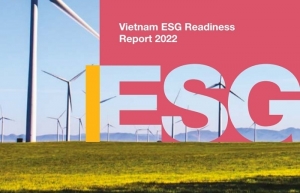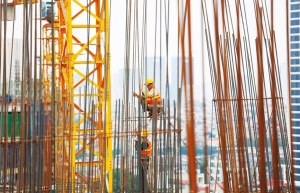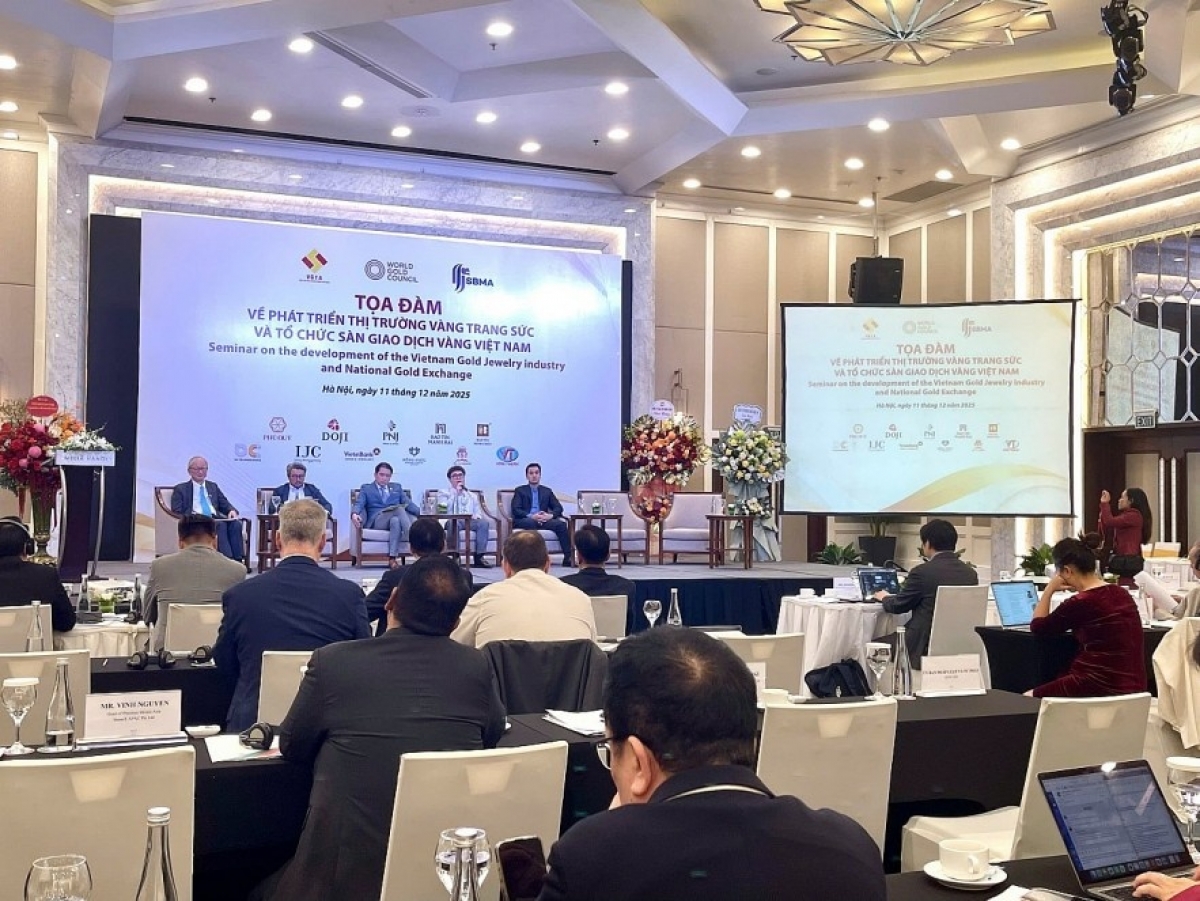INTERNATIONAL INVESTMENT
AND PORTAL
 Cat Tuong Nguyen, Head of ESG Research Dynam Capital
Cat Tuong Nguyen, Head of ESG Research Dynam Capital
The overall downfall in many stock markets is certainly a factor, but the retreat also coincides with a backlash against the entire ESG construct in the United States, mainly around the argument that some financial companies no longer make decisions in the best interest of their shareholders or clients, but instead use their financial power to push forward social and political agenda.
Texas, for example, blocked 10 companies and almost 350 investment funds because the funds “boycott energy companies” and “no longer make decisions in the best interest of their shareholders or their clients.”
In Europe, a number of initiatives have been delayed, such as the development of social and transition taxonomies or the adoption of remaining technical screening criteria for the EU Green Taxonomy. In addition, the Russia-Ukraine conflict has arguably shifted political dynamics around eligible activities for the Green Taxonomy - noteworthy in this regard is the inclusion of gas and nuclear, under certain criteria.
Despite shifting priorities, there have been major steps in ESG regulation. Key trends from have included increased disclosure, a renewed focus on greenwashing, and the expansion of related priorities from climate change to other environmental and natural issues, such as biodiversity.
As in many developing countries, rapid urbanisation and industrialisation have had detrimental impacts on the environment and natural assets. Climate change, urban solid waste, and air pollution are key environmental issues that the Vietnamese government is keen to address over the next few years.
In fact, 2021 and 2022 saw significant changes in Vietnam’s green policy commitments. The country’s ambitious net-zero target for 2050 could be seen as a milestone, paving a way for the transformational interventions needed to address climate change challenges, including the development of cleaner transportation and energy systems.
Since the target was set, the government has taken firm steps in building a legal corridor for responding to climate change issues and implementing the commitments made. In particular, Decree No.06/2022/ND-CP in January 2022 includes regulations on the reduction of greenhouse gas (GHG) emissions and protection of the ozone layer. This new legislation specifies how companies will be provided guidance on the scheme and undergo a pilot operation that is followed by a carbon credit trading market due to being formally launched in 2028.
In December, the Vietnamese government finalised the Just Energy Transition Partnership with the G7 and others. The partnership will mobilise an initial $15.5 billion of public and private finance over the next 3-5 years, and aims to help Vietnam reduce its reliance on coal and transition to renewable sources of energy through a mix of loans, grants, technology transfers, and technical assistance programmes.
If the partnership meets its goals, Vietnam will see peak GHG emissions by 2030 instead of 2035 and reduce its annual power sector emissions by 30 per cent by significantly increasing its reliance renewables.
The draft National Power Development Plan VIII for this decade has been revised significantly in terms of the mix of energy needed to align with Vietnam’s commitment to net-zero by 2050. The proposed structure includes 50.7 per cent share of wind and solar power and only 9.6 per cent from coal power by 2045. If Vietnam achieves the goal, it will reclaim its crown as Asia’s renewable energy powerhouse.
Additionally, in June 2022, the government approved the circular economy development scheme and set several ambitious targets. The scheme aims to reduce the intensity of GHGs per GDP by at least 15 per cent by 2030.
By 2025, the country aims to reuse, recycle, and treat 85 per cent of plastic waste, reducing half its plastic waste in oceans as well the volume of non-biodegradable plastic bags and disposable plastic products in use.
ESG awareness in Vietnam might have started later than in the US and Europe, but the awareness and application of practices have been growing steadily in recent years. According to PwC Vietnam’s ESG Readiness report 2022, about 80 per cent of Vietnam’s companies have made related commitments or plan to do so in the next 2-4 years.
The top reason cited for pursuing ESG is brand image and reputation (82 per cent), while the second most cited reason is to remain competitive (68 per cent). Another report by KPMG Vietnam, Vietnam’s Customer Experience Excellence 2022, shows that up to 93 per cent of customers in Vietnam are willing to pay more for ESG-integrated products and services.
The report shows Vietnamese consumers are becoming conscious of lifestyle choices and aware of the effects of their consumption. These survey results indicate that interest in ESG has been growing widely.
Vietnam is emerging as an important alternative manufacturing base to China, and the country’s participation in free trade agreements created opportunities for enterprises to be part of the global supply chain. ESG considerations are prerequisites for many such deals, and so compliance is necessary to remain competitive with developed markets where green economy and compliance standards are being upgraded continuously.
Increased sustainability reporting, following global standards, and climate-related disclosures, and preparing infrastructure for a clean energy transition are the key ESG aspects that Vietnamese enterprises need to focus on in 2023 and beyond to meet the demand of investors and increase competitiveness.
 Dealmaking potential ripe in Vietnam for ESG-minded groups
Dealmaking potential ripe in Vietnam for ESG-minded groups
In the midst of persistent worries about the global economy in 2023, including the risk of an economic recession, Vietnam continues to be a bright spot for economic development and potential mergers and acquisitions for investors in the region.
 Report scrutinises pathway for ESG agenda in financial sector
Report scrutinises pathway for ESG agenda in financial sector
A fresh PwC Vietnam report has provided insights into the level of readiness by financial institutions in Vietnam in terms of environmental, social, and governance (ESG) criteria.
 How real estate developers can benefit from ESG considerations
How real estate developers can benefit from ESG considerations
Gaining in popularity in recent times, environmental, social, and governance criteria refers to the standards used to evaluate business practices in these areas.



















